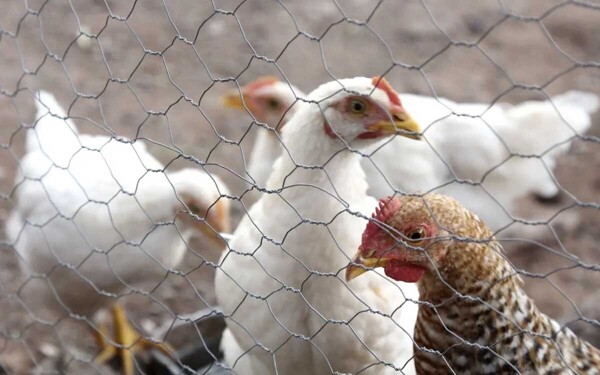
The Mexican government, through the Secretariat of Agriculture and Rural Development (Sader), has activated a health protocol due to the detection of avian influenza on a commercial farm in the municipality of Marín, Nuevo León. According to the statement issued by the agency, the presence of the AH7N3 virus has been confirmed on the farm, which has been specified as different from those in other North American countries and does not pose a risk for the consumption of poultry.
The National Service of Health, Food Safety and Quality (Senasica) has implemented counter-epidemic measures to contain the outbreak in the affected area, conducting constant monitoring within a 10-kilometer radius around the farm and taking samples from nearby farms. Poultry producers have been urged to reinforce biosecurity measures in their Poultry Production Units (UPA).
Among the recommendations, there is an emphasis on the need to prevent the entry of wild birds or harmful fauna, as well as to restrict access of unauthorized persons to the facilities. It is also advised that staff bathe before entering and leaving the farm, and change their home clothes for work clothes when entering and exiting the place.
Additionally, producers and veterinarians have been urged to report any suspicion of disease to the relevant offices of the Secretariat of Agriculture, Senasica, or the Coordination of the Direction of the Mexico-United States Commission for the Prevention of Foot-and-Mouth Disease and Other Exotic Animal Diseases (CPA) in the states.











